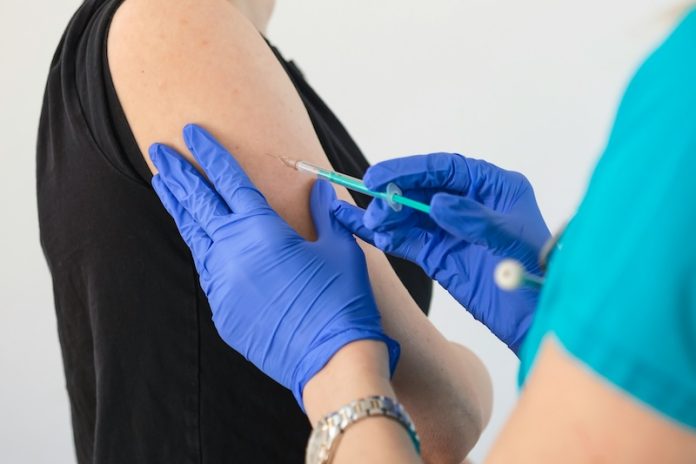
High blood pressure is a very common health issue that affects millions of people around the world. To keep it under control, most people are told to take medicine every day. These medicines help lower the pressure of blood moving through the body’s arteries and veins, which reduces the risk of dangerous health problems like strokes, heart attacks, and kidney damage.
But there’s a big problem—many people forget to take their pills every day. In fact, more than half of people with high blood pressure don’t stick to their medication routine. This means their blood pressure can stay high, increasing their chances of getting seriously ill or even dying early. That’s why scientists are working hard to find new, easier ways to help people manage their condition.
One exciting new development is a drug called zilebesiran. Researchers from several places, including the University of Edinburgh in the UK, have been testing this new treatment, and the early results look promising. Zilebesiran is different from traditional blood pressure pills. Instead of taking it every day, people only need one shot, and it could work for up to six months.
In the UK study, researchers tested zilebesiran on 107 patients with high blood pressure. Eighty of them got a real dose of the drug, while the others got a placebo, which is a fake treatment used for comparison. People who received the drug saw their systolic blood pressure (which is the top number in a blood pressure reading) drop significantly.
With a dose of 200 mg or more, the drop was more than 10 mmHg. And with the highest dose of 800 mg, the average drop was over 20 mmHg. That kind of reduction could help many people reach a safer and healthier blood pressure range.
So how does this new shot work? Zilebesiran is made by a company in the U.S. called Alnylam. It works by targeting a hormone in the body called angiotensin, which causes blood vessels to tighten. When blood vessels tighten, it raises blood pressure.
Zilebesiran works by turning off the body’s ability to make a protein called angiotensinogen, which is needed to produce that hormone. It does this by going directly to the liver and shutting off the gene that starts the whole process. Without angiotensin, the blood vessels stay more relaxed, which helps lower blood pressure.
This new type of medicine is especially exciting because it could make life much easier for people who have trouble remembering to take pills every day. Instead of worrying about taking a tablet each morning, a patient could simply get one shot every few months and still keep their blood pressure in check.
But zilebesiran isn’t ready for everyone just yet. The researchers need to do more studies to make sure it’s safe to use in the long term. They also want to see how well it works in larger groups of people.
Professor David Webb from the University of Edinburgh, one of the lead researchers, said this drug could be a major step forward. He pointed out that it’s been 17 years since a brand-new type of blood pressure drug came along, and zilebesiran could offer a whole new way to help people stay healthy.
The early results were published in the New England Journal of Medicine, one of the most respected medical journals in the world. If future studies go well, this new shot could become a common and helpful treatment for people who struggle with high blood pressure and want a more convenient way to stay healthy.
In the meantime, it’s still important to follow your doctor’s advice, eat healthy foods, stay active, and keep track of your blood pressure regularly. Small changes in daily habits, like eating less salt or staying calm under stress, can also make a big difference. And who knows—soon, one simple shot might be enough to keep your blood pressure under control for months at a time.
If you care about high blood pressure, please read studies that early time-restricted eating could help improve blood pressure, and natural coconut sugar could help reduce blood pressure and artery stiffness.
For more health information, please see recent studies about added sugar in your diet linked to higher blood pressure, and results showing vitamin D could improve blood pressure in people with diabetes.
Copyright © 2025 Knowridge Science Report. All rights reserved.



